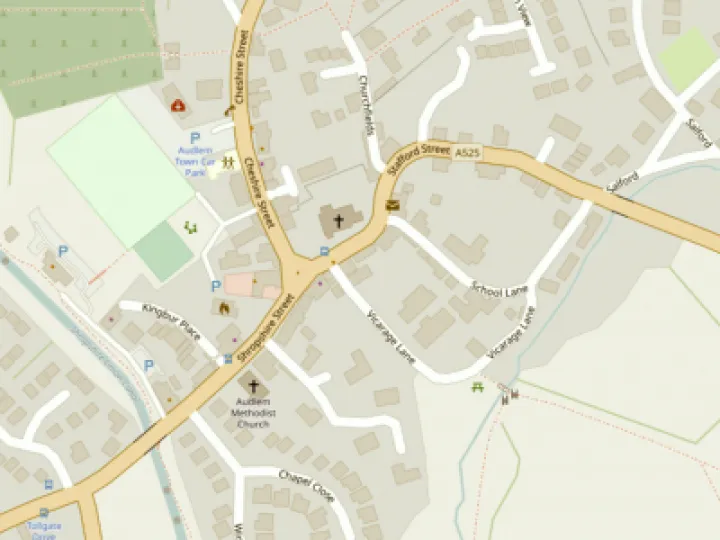







Persius, in full Aulus Persius Flaccus, born 4th December 34, in Volterra (died 24th November 62), was a Roman poet and satirist of Etruscan origin. In his works, poems and satires, he shows a stoic wisdom and a strong criticism for what he considered to be the stylistic abuses of his poetic contemporaries. His works, which became very popular in the Middle Ages, were published after his death by his friend and mentor, the stoic philosopher Lucius Annaeus Cornutus.
Persius was born into an equestrian family at Volterra (Volaterrae, in Latin), a small Etruscan city in the province of Pisa, of good stock on both parents' side. When six years old he lost his father; his stepfather died a few years later. At the age of twelve Persius came to Rome, where he was taught by Remmius Palaemon and the rhetor Verginius Flavus. During the next four years he developed friendships with the Stoic Lucius Annaeus Cornutus, the lyric poet Caesius Bassus, and the poet Lucan. Lucan would become a generous admirer of all Persius wrote. He also became close friends with Thrasea Paetus, the husband of Arria, a relative of Persius's; over the next ten years Persius and Thrasea Paetus shared many travels together. Later, he met Seneca, but was not impressed by his genius.
In his boyhood, Persius wrote a tragedy dealing with an episode in Roman history, and another work, probably on travel (although this would have been before the travels with Thrasea Paetus). Reading the satires of Lucilius made Persius want to write like him, and he set to work on a book of his own satires. But he wrote seldom and slowly; a premature death (uitio stomachi) prevented him from completing the book. He has been described as having "a gentle disposition, girlish modesty and personal beauty", and is said to have lived a life of exemplary devotion towards his mother Fulvia Sisenna, his sister and his aunt. To his mother and sister he left his considerable fortune. Cornutus suppressed all his work except the satires, to which he made some slight alterations before handing it over to Bassus for editing. It proved an immediate success.
A keen observer of what occurs within his narrow horizon, Persius does not shy away from describing the seamy side of life, especially the relationship between excesses of consumption and moral failure; he shows little of Horace's easy-going acceptance of human weaknesses. Perhaps the sensitive, homebred nature of Persius can also be glimpsed in his frequent references to ridicule, whether of great men by street gamins or of the cultured by philistines.
Persius's satires are composed in hexameters, except for the scazons of the short prologue above referred to. The first satire censures the literary tastes of the day as a reflection of the decadence of the national morals. The theme of Seneca's 114th letter is similar. The description of the recitator and the literary twaddlers after dinner is vividly natural, but an interesting passage which cites specimens of smooth versification and the languishing style is greatly spoiled by the difficulty of appreciating the points involved and indeed of distributing the dialogue (a not uncommon crux in Persius). The remaining satires handle in order:
- the question as to what we may justly ask of the gods
- the importance of having a definite aim in life
- the necessity of self-knowledge for public men
- the Stoic doctrine of liberty
- the proper use of money
"We consume our tomorrows fretting about our yesterdays."
Persius
This article is from our news archive. As a result pictures or videos originally associated with it may have been removed and some of the content may no longer be accurate or relevant.
Get In Touch
AudlemOnline is powered by our active community.
Please send us your news and views using the button below:
Email: editor@audlem.org





